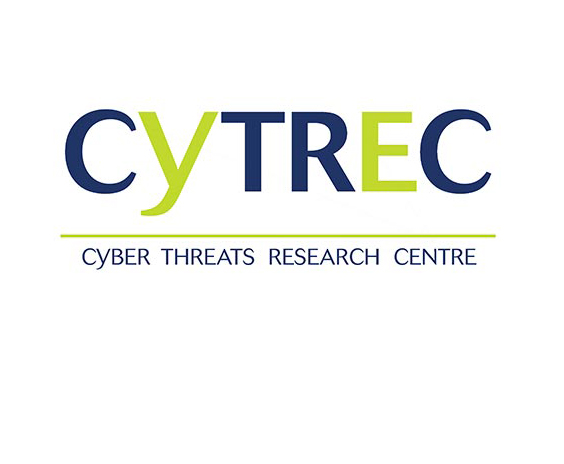The Challenge
Digital technology is embedded into daily life and cannot be meaningfully separated from ‘real’ world experiences, including those of crime victims. Official statistics show the volume and impact of computer crimes and online fraud. Additionally, tech now plays an increasing role in gender-based violence and hate crime. As such, crimes are increasingly ‘hybrid’, taking place both online and offline. However, the victim response to online harms has been shown to be inconsistent, particularly with respect to identifying vulnerable victims and addressing repeat victimisation. In parallel, victim support services vary widely across geographical areas and the extent to which they are equipped to respond to the role of digital tech is ill understood.
The Method
We have worked with large datasets of police recorded crime and used a mix of quantitative and qualitative methods to identify patterns of repeat victimisation and better understand victim vulnerability. With funded support from the Morgan Advanced Studies Institute (MASI) researchers at the Cyber Threats Research Centre (CYTREC) and Swansea University’s Computational Foundry are currently working in partnership with South Wales Police (SWP) and the Swansea Council for Voluntary Service (SCVS) to (1) explore the extent to which victim services are adequate in a digital world, and (2) develop a ‘Cyber Clinic’ prototype, offering a blend of face-to-face and digital support, to both increase and research individuals’ resilience to and post-victimisation.
The Impact
CYTREC’s previous work on victimisation has been used:
- To inform law enforcement fraud threat assessments in the Southern Wales region;
- For awareness-raising and training sessions for law enforcement and wider stakeholders including within the cybersecurity industry and the charity sector;
- To develop learning materials for practitioners and researchers to develop their knowledge of the legal and ethical implications of cybercrime research; and
- To inform the development of new legislation and law reform.





